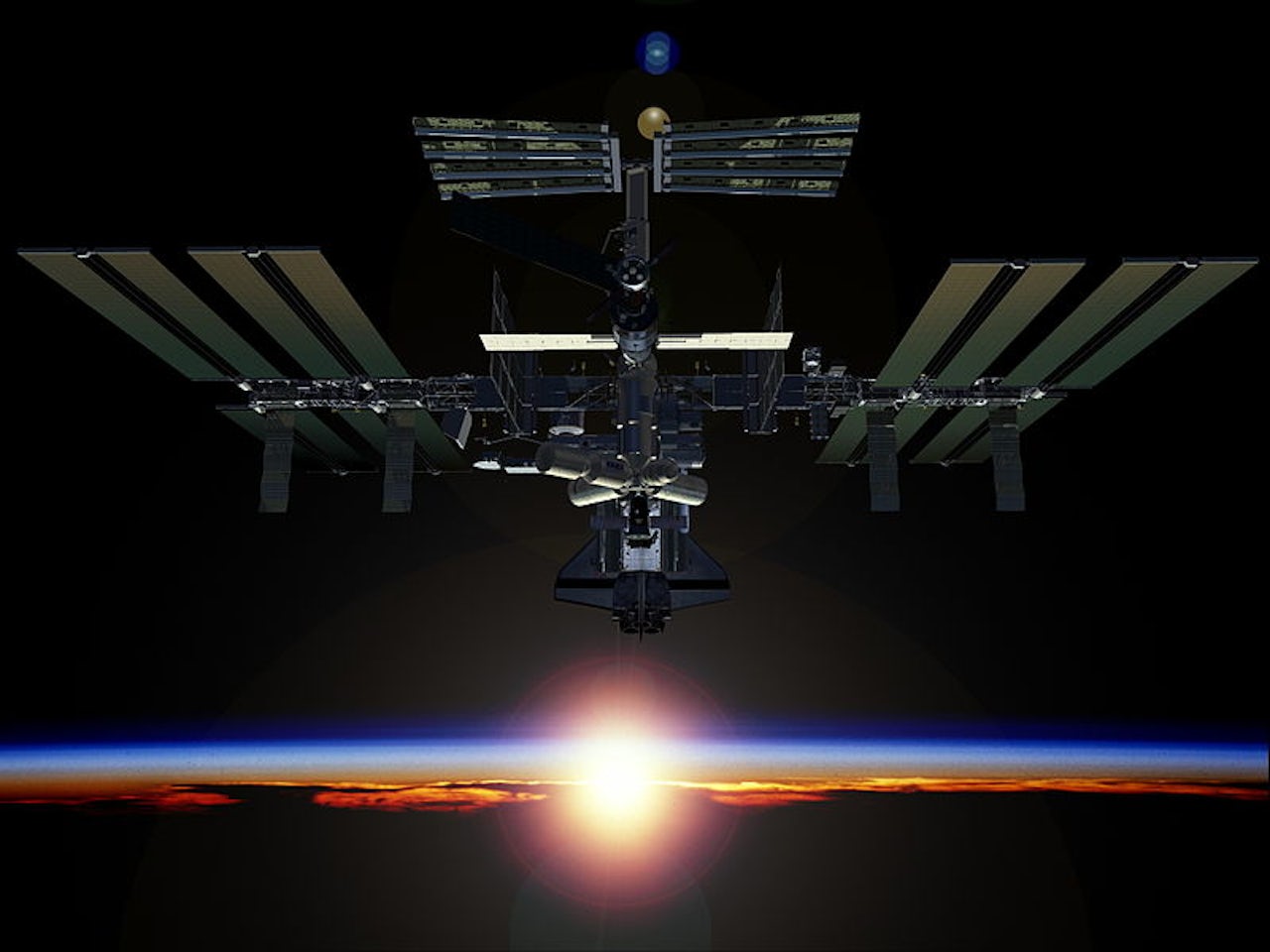In 2019, China will begin to build its own space station—but they don’t want the space just for themselves. According to an announcement Tuesday morning from the United Nations Office for Outer Space Affairs, China wants to share the station with space-faring countries, developing countries, universities, and companies from around the world to conduct experiments.
Michael Listner, the founder of the private space policy consulting firm Space Law & Policy Solutions, said in an email to The Outline that he believes China’s motivations are primarily power-driven. “Overall, this an effort by China to gain a stronger soft-power footing in the UN,” Listener said. “Especially among nations that do not have direct access to outer space.”
China has been restricted from using the U.S. section of the ISS since 2011. And by 2025, all U.S. federal funding for the International Space Station (ISS) will end. The government’s vision is that the space will be gradually sold off to the highest corporate bidders under it’s completely privatized—that is, until the ISS starts to deteriorate (which is estimated to begin in 2028). In other words, there’s an opportunity for China to collaborate with other countries while the U.S. fast-tracks corporate access to space. The Obama and Trump administrations have both worked to loosen regulations on privatized uses of space, which is welcome news for Space Tech Bros like Elon Musk and Jeff Bezos.
“I think this is a genuine attempt of reaching out and cooperating with the international community,” Newman told The Outline. But space is not a political vacuum, and some space policy experts believe that countries need to be wary of the potential costs the arrangement; namely, China gaining political power and intellectual scientific property. “I think China is looking to gain technology to reduce costs, and international collaboration is very much the way to do that,” Newman said.
The timing of this announcement is no coincidence: Christopher Newman, a professor of space law and policy at Northumbria University in the U.K., told The Outline in a Skype call that China’s space station would be in competition with U.S. led efforts on the ISS, even if they are organized differently. (While the ISS is managed by a group of different space agencies, China’s space station will be run directly through a collaboration with the U.N.)
According to the online application for time and space on the space station, due August 31 of this year, each party has to enter a “bilateral agreement” with the China Maritime Safety Administration (CMSA), one of China’s many state-sponsored space organizations. While this agreement is said to include terms about intellectual property, it’s not clear what these terms will be, or if they will vary between parties.
Sharing scientific and technological knowledge has been a hot political point between China and the U.S. for a long time. In 1998, two space companies from the U.S. were charged with sharing trade secrets with China after trying to diagnose why a few Chinese rockets exploded. The circus that followed this incident prompted the U.S. to go so far as to change its laws to make it more difficult to launch rockets from other countries. (The U.S. also tends to accuse China of stealing intellectual property relatively frequently.)
Gene Mikulk, host of the podcast Talking Space, told The Outline that the issue of intellectual property has incredibly high stakes when there’s biological science involved. “Pharmaceutical firms regularly fly experiments on board the ISS that are proprietary in nature and NASA guarantees the data will be kept in strict confidence,” Mikulk said. “There is some doubt in some circles that [the CMSA] will respect that kind of arrangement and attempt to use the data collected themselves.”
On one hand, if implemented successfully, China’s space station could be a huge gain in terms of international cooperation and the peaceful use of space. With Trump’s semi-frequent mentions of creating a “Space Force” (we still don’t know how real or serious this is) and expanding America’s military presence in space, the idea of a peaceful space for collaboration is an attractive one.
